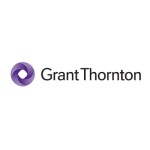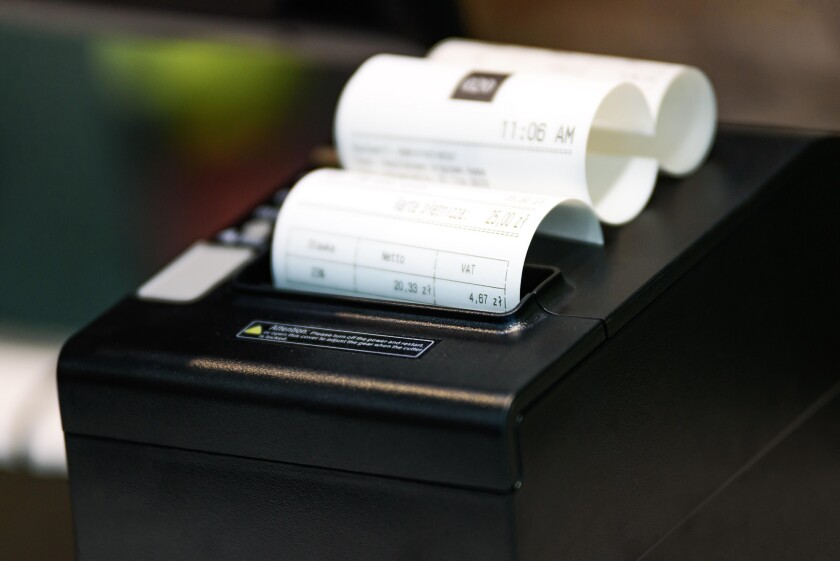On September 8 2022, the Court of Justice of the European Union (CJEU) judged (case C‑98/21, W GmbH) that a German holding company was not entitled to a VAT refund on costs in return for a profit share.
Background to the case
In this court case, the holding company provided VAT-able management services to a subsidiary in which it held 94% of the total shares. As noted in a prior article by Grant Thornton, the provision of a VAT-able service to a subsidiary results in VAT entrepreneurship for the holding company and, in principle, the right to a VAT refund on costs. The subsidiary of the holding company in this case did not have the right to refund VAT since this company was active in a real estate business providing VAT-exempt (rental) services.
A discussion with the German tax authorities arose when the holding company requested a VAT refund on architectural, technical, and construction (related) costs for the benefit of two properties to be built by the subsidiary. The services were purchased by the holding company and directly provided to the subsidiary. It was agreed with the minor shareholder and the subsidiary that the costs were expended in return for a profit share in the subsidiary.
The main question for the CJEU was whether the holding company was entitled to a VAT refund on services purchased for the benefit of its subsidiary in return for a profit share.
The basis of judgment
The CJEU began its judgment with a recap of the two conditions for the right to a VAT refund:
The holding is a taxable person; and
The purchased goods or services are used for the purposes of a VAT-able transaction performed by the taxable person.
The first condition was fulfilled since the holding company supplied management services to the subsidiary. The provision of these services constituted an economic activity and this resulted in the holding company being a taxable person.
With respect to the second condition, the CJEU advised that there must be a direct and immediate link between the costs for which a VAT refund is requested and later VAT-able output transactions by the company requesting the deduction. Another option is that the costs can be linked to the economic activities of the company as a whole (general costs). In both cases the costs must be part of VAT-able output transactions at a later stage. Only then will the right to a VAT refund on the costs arise.
With this theory in hand, the CJEU argued that the holding company in this case purchased services to fulfil its shareholder contribution obligations to the subsidiary. The costs did not have an immediate link with the management services provided to the subsidiary. Nor could the costs be regarded as general costs, since the costs would never become part of the taxable output of the holding.
Instead, the costs were related to the economic activity of the subsidiary. The costs were purely expended by the holding company to make a shareholder contribution. The argument made by the holding company that the costs permitted its subsidiary to perform its economic activity was of no concern, since this did not result in the second condition being complied with.
In the event that the VAT refund would be granted based on the rules and legislation, the CJEU was asked to judge whether this situation could constitute an abuse of rights. This question did not have to be answered, since the VAT refund was not granted.
The CJEU’s decision
The CJEU concluded that a holding company is not entitled to a VAT refund on costs expended for a subsidiary in return for a share in the profit of the subsidiary. It is irrelevant that the holding company is a taxable person due to the provision of management services to the subsidiary, since the costs cannot be linked to that economic activity.
Indirectly, the CJEU seemed to conclude that a profit share is not a payment for a service. If so, this might have a serious impact on the VAT position of various holding companies, but may also affect other situations regarding cooperation involving profit shares. An updated review on the VAT position of a holding company may be required.
Whether these kinds of situations can constitute an abuse of rights remains open for discussion and will most likely be judged on by the CJEU in the future.













